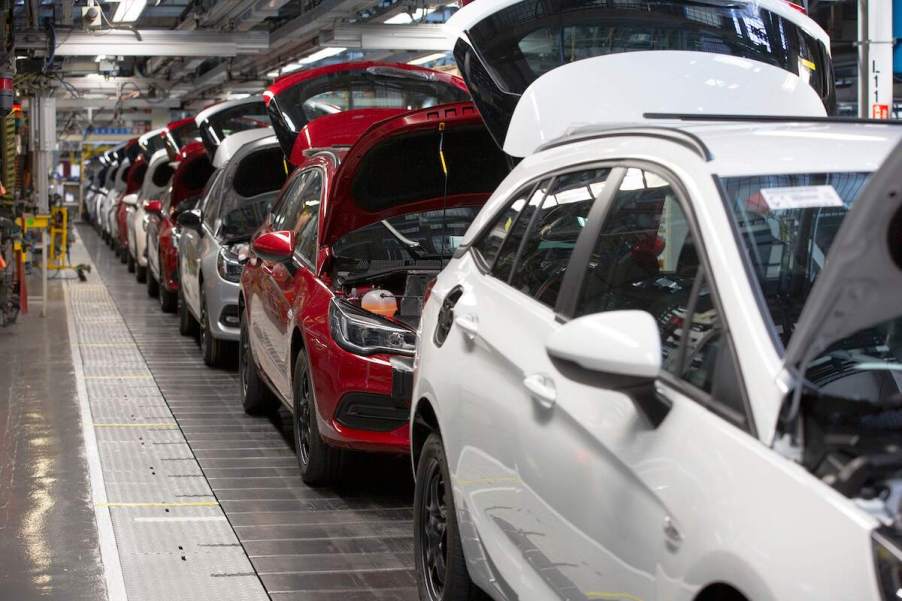
What Happens to Your Car if the Automaker Goes Out of Business?
Cars are a significant part of Americans’ lives, but some automakers don’t always survive. Oldsmobile, Pontiac, and Saturn are a few examples. Despite being a huge company, General Motors faced bankruptcy years ago, and EV makers like Rivian, Lucid, and Fisker have seen spiraling stock prices. So, what would happen to your car if the automaker went out of business? Here’s the answer to that question.
How and why do car brands die?
Although some automakers seem engrained in American life, car companies are businesses. Like any other business, automakers need to make a profit to survive. That means their revenues must exceed their expenses. Car brands that fail to turn a profit consistently die.
The death of a car brand often happens to subsidiary companies set up by a larger company. For example, General Motors started Saturn in 1985. The idea was for Saturn to compete with Japanese automakers like Toyota and Honda. At the time, Japanese brands were newcomers to the American market, but their small, economical cars were very popular.
Saturn never became popular or profitable, prompting GM to kill the brand in 2010. Interestingly, one of GM’s fiercest rivals, Ford, faced a similar experience. The Blue Oval had a subsidiary called Mercury; Ford envisioned it as a premium brand more upscale than a mainstream Ford but less luxurious than a Lincoln. Mercury succeeded for 70 years, but the brand became less profitable. So Ford killed Mercury in 2010.
Here’s what could happen to your car if the automaker went bankrupt
There are many possible scenarios if an automaker goes out of business. And what would happen to your car depends on many factors. One of the most important factors is the type of company. If it’s a subsidiary owned by a larger automaker, such as Oldsmobile, Pontiac, or Saturn, nothing would really happen to your car. The parent company would probably honor your car’s warranty, but the warranty package would have to be backed by the manufacturer.
However, if the parent automaker went out of business, what would happen to your car would probably be worse. That’s relatively uncharted territory, though. Over a decade ago, General Motors was on the brink of collapse, but the U.S. government and taxpayers ultimately bailed out the company. In that case, the government backed the warranties on GM’s cars. However, if the government hadn’t intervened, the value of GM’s car likely would’ve dropped significantly.
What happens if a car dealership goes out of business?
Automakers don’t go out of business often, but failure isn’t uncommon for local car dealerships. In general, the effects of a dealership dying aren’t considerable. Some might not shut down entirely. It’s possible for a dealership to stop selling new cars and focus on only used cars. If the dealership closed entirely, customers would be able to get their warranty service at another dealership Edmunds explains.
Depending on the location, you might have to drive farther to the nearest dealership. Folks who live in more isolated and rural areas might not have access to their car brand if their local dealership closed permanently.
That said, there are some short-term benefits to a dealership going out of business. Those dealers would probably have massive sales to offload their inventory, so consumers could take advantage of steep discounts.



